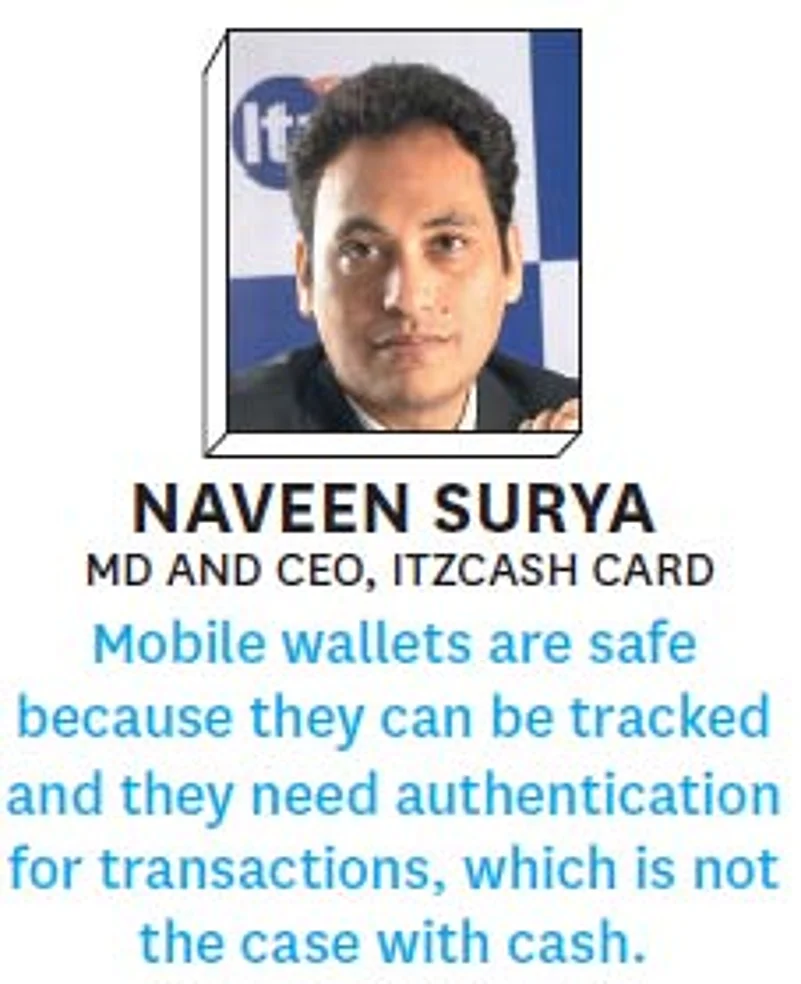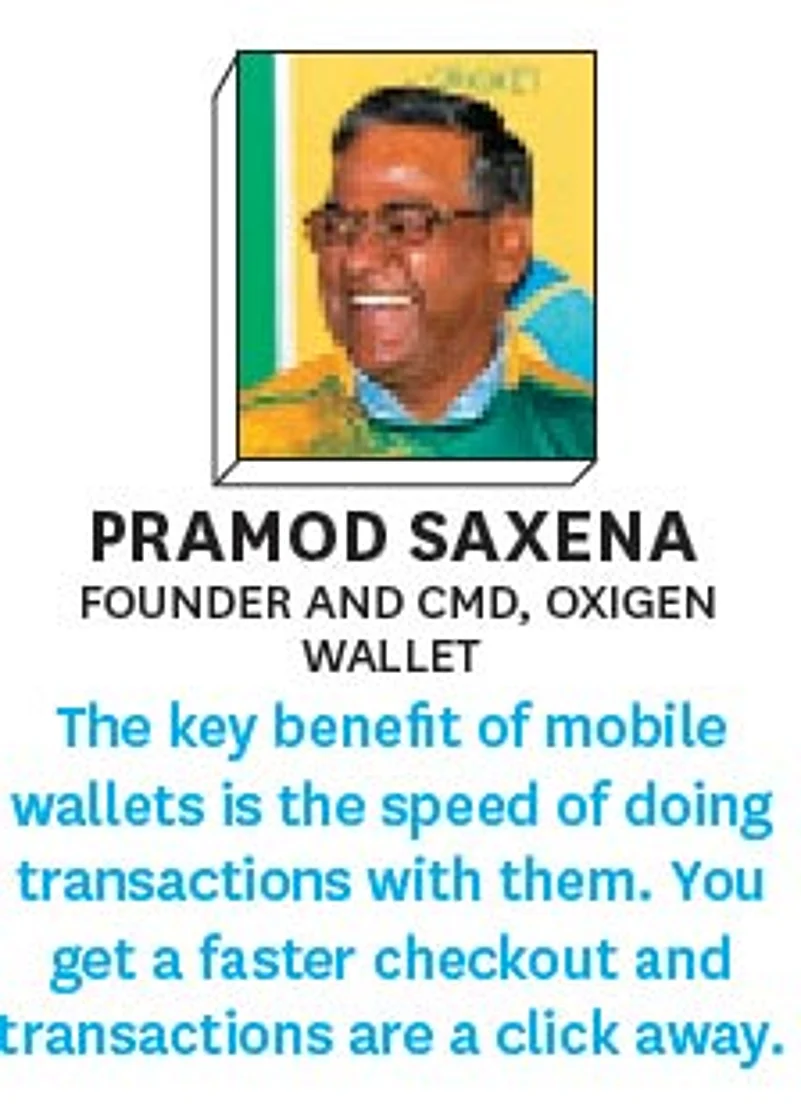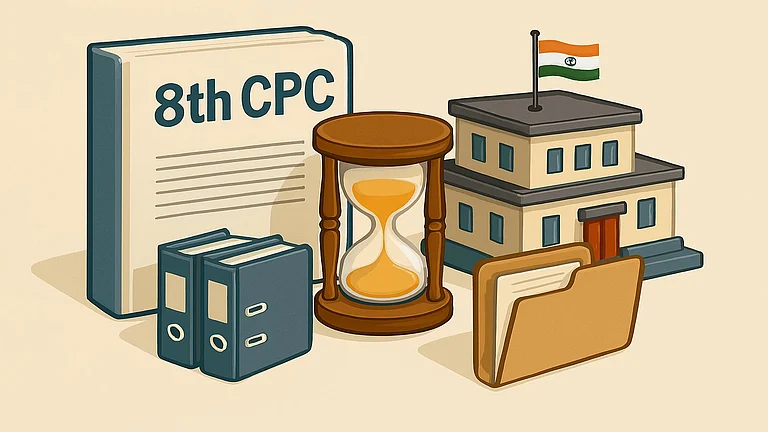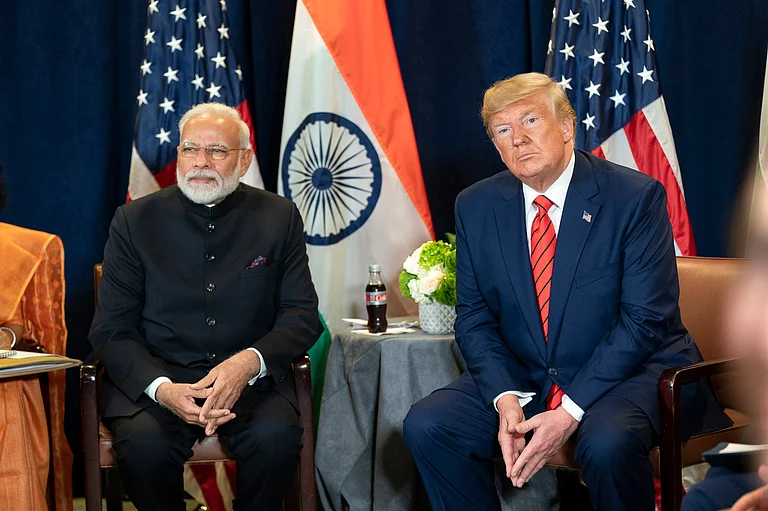When it comes to managing finances everyone looks for ease, convenience and safety. The advent of digital wallets has just about managed to change the way we transact today.
Says Gurgaon-based, 32-yearold Ravindra Singh Gaur: “You get a lot of cashback and exchange offers with these wallets, which far outweigh the convenience quotient.” His enthusiasm is understandable, considering he works late hours and has to often transact in the digital world to run his house. He has practically stopped visiting his bank for some years now and says that even the ATM trips have gone down considerably ever since he has started using these wallets.
Unlike the bank or a card, which is a single window for transactions, Gaur has found the choice of digital wallets to do wonders. “I use Paytm, MobiKwik and FreeCharge, and there is immense value in each of the services depending on what you are actually looking for,” he says. No wonder you can now also withdraw cash at ATMs using your prepaid mobile wallet, with some wallets allowing you to withdraw cash up to Rs 1 lakh.

Naveen Surya, managing director and CEO, ItzCash Card, says: “With digitisation of money, it has become extremely convenient for the user to transact using a mobile device in real time and with better control.” To some extent, the RBI has also made things work for these wallets by raising the cash withdrawal limit at ATMs from Rs 5,000 to Rs 1 lakh for customers whose KYC (know your customer) compliance is in place.
The ease of use of digital wallets is so prominent that it has spread its wings beyond the big metro cities. Says 30-year-old, Bhilwara-based Manoj Lodha: “The entire process of loading money to the wallet and then paying money from it is addictive.” An interior designer, he has found these wallets to be useful in his business where several of his clients, especially tourists, have found the transaction over wallets far easy than paying cash. He is also confident about the safety factor of mobile wallets. “Someone transferred Rs 3,000 from my mother’s account fraudulently, but it was immediately identified and the fraud was checked,” he recounts.
Move over card
For years, the credit card and, later, debit cards were the preferred modes of transaction and quickly substituted cash. However, in theshort time since digital wallets have come into prominence, they are fast making these cards less relevant. “The key benefit of mobile wallets is the speed of doing transactions with them. You experience a faster checkout and transactions are just a click away,” according to Pramod Saxena, founder and CMD, Oxigen Wallet.
Moreover, for many users, who do not have access to a credit or debit card, these wallets are a boon. All they need is to make a visit to the local kirana store and top-up their mobile wallet by paying cash over the counter. And unlike net banking transactions, where one has to enter their personal details frequently, in case of mobile wallets, there is no such trouble. In a similar vein, not every merchant has a swipe machine, despite the cost of these machines going down. Instead, many have moved to wallets, making the transaction that much convenient for consumers. The real time transfer of funds to their wallets has also meant that they find this mode of transaction worth it.

According to the RBI data, as of March 2015, 21.5 million credit cards had been issued by various banks in the country. In comparison, Paytm, a leading digital wallet, recorded 100 million accounts in August 2015 alone. These figures illustrate the potential and high rate of acceptance of this form of cashless payment in the country. Wallets are also of different types, with each demanding varying degree of adherence.
What has worked for these wallets is the smartphone boom, which has made wallets find a natural ally and partner. Moreover, their safety is their biggest strength. They are highly secure and difficult to hack unlike online banking and credit/debit cards, which easily fall prey to financial frauds. Users are secure because for every transaction, there is an OTP (one time password) forwarded to the customer’s mobile number (registered) that has to be authenticated for the transaction to succeed. It is a must.
No wonder, just the way mobile phones revolutionised communication, the digital wallets are transforming the way one transacts without cash.
Open wallets
These are the best of wallets, allowing all possible transactions. These can be used for purchase of goods and services, fund transfers, payment of bills, cash withdrawals at ATMs, among others. These are usually issued by banks.
Semi-closed wallets
As per RBI guidelines, in case of semi-closed mobile prepaid instruments, you can load money into your wallet from a licensed company and make payments with it. But, you cannot use it to withdraw money.
Closed wallets
These can be used only at the merchant site that issues such wallets. Closed wallets do not offer the benefits of bill payments and cash withdrawal. Online shopping sites such as MakeMyTrip, Flipkart and Jabong offer such wallets.
olmdesk@outlookindia.com













